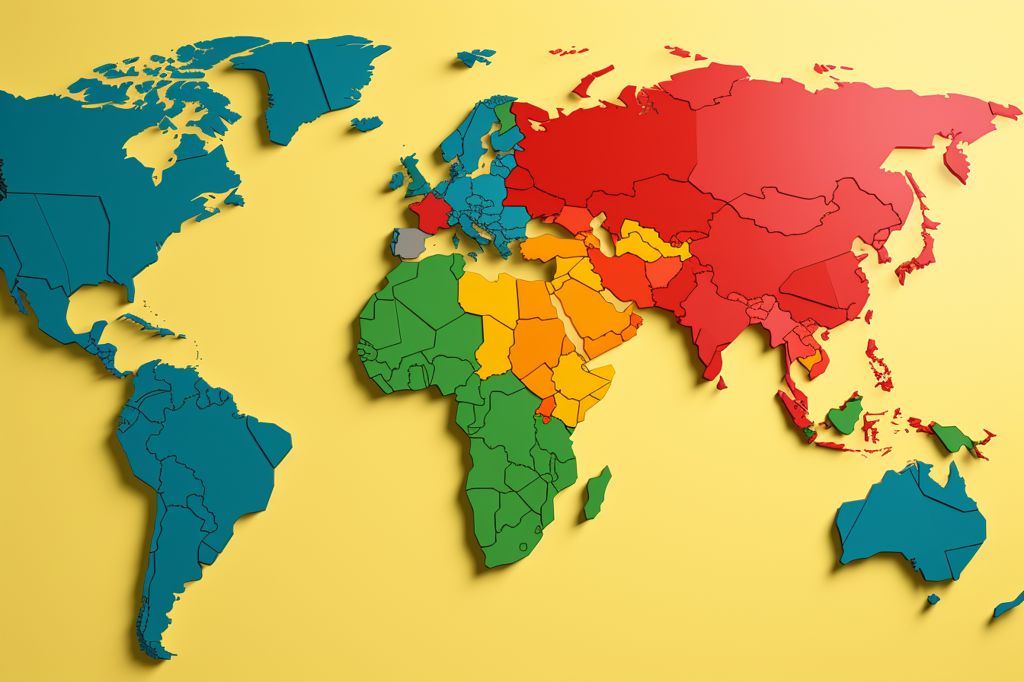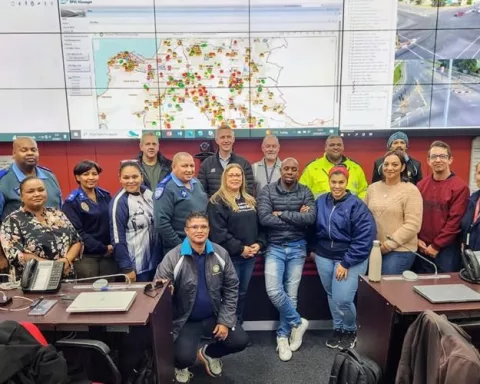The 13th BRICS Health Ministers Meeting is scheduled to take place this week ahead of the BRICS Summit, providing an opportunity for Brazil, Russia, India, China, and South Africa to discuss pressing health challenges. The meeting emphasizes the importance of collaboration among these countries in prioritizing health and wellness.
Shared Perspectives and Experiences
South Africa’s Minister of Health, Dr. Joe Phaahla, plans to update the public on various health matters, including the meeting’s agenda. The shared perspectives and experiences of these economically influential nations can contribute to substantial progress in global health.
Prioritizing Health and Wellness
While the agenda of the meeting has yet to be disclosed, it carries immense potential for individual nations and the international community. By discussing prevailing health issues, the BRICS nations can formulate strategies toward more equitable and robust health systems.
Commitment to Collaborative Efforts
The BRICS nations have historically demonstrated a commitment to tackling health issues through collaborative efforts. For instance, during the 2018 Johannesburg Summit, BRICS countries established the BRICS Vaccine Research and Development Center, aimed at enhancing innovation and accessibility to vaccinations. This cooperation set a precedent for future collaboration, paving the way for collective action in response to global health crises.
Knowledge Exchange and Best Practices
The COVID-19 pandemic has highlighted the importance of international collaboration in addressing health emergencies. The BRICS Health Ministers Meeting serves as a platform for these nations to share their experiences and lessons learned in responding to the pandemic. By exchanging knowledge and best practices, the BRICS countries can strengthen their preparedness and response capacities, ensuring the well-being of their citizens and the global community.
Tackling Non-Communicable Diseases
The increasing concern around non-communicable diseases is another crucial aspect of the global health agenda. The BRICS nations can leverage their collective resources to tackle this issue by fostering dialogue and promoting knowledge exchange. These countries can develop and implement evidence-based strategies, ultimately reducing the burden of NCDs.
Promoting Sustainable Development
The BRICS Health Ministers Meeting can also serve as a catalyst for promoting sustainable development within the health sector. By sharing innovative ideas and initiatives, the BRICS countries have the potential to drive progress in areas such as digital health, workforce development, and health infrastructure. By embracing cutting-edge technologies and investing in the health workforce, these nations can build stronger and more resilient health systems.
Strengthening Ties and Extending Influence
The BRICS nations can use the meeting to strengthen their ties and extend their influence in the global health arena. By establishing partnerships with countries beyond the BRICS bloc, these economically powerful nations can play a decisive role in shaping the future of global health policies and interventions.
The upcoming BRICS Health Ministers Meeting presents a valuable opportunity for these countries to collaborate and exchange ideas on pressing health issues. The importance of international cooperation and shared learning cannot be overstated in facing unprecedented challenges and uncertainties. By working together, the BRICS countries can contribute to significant progress in global health and foster a more equitable, healthy, and prosperous future for all.








